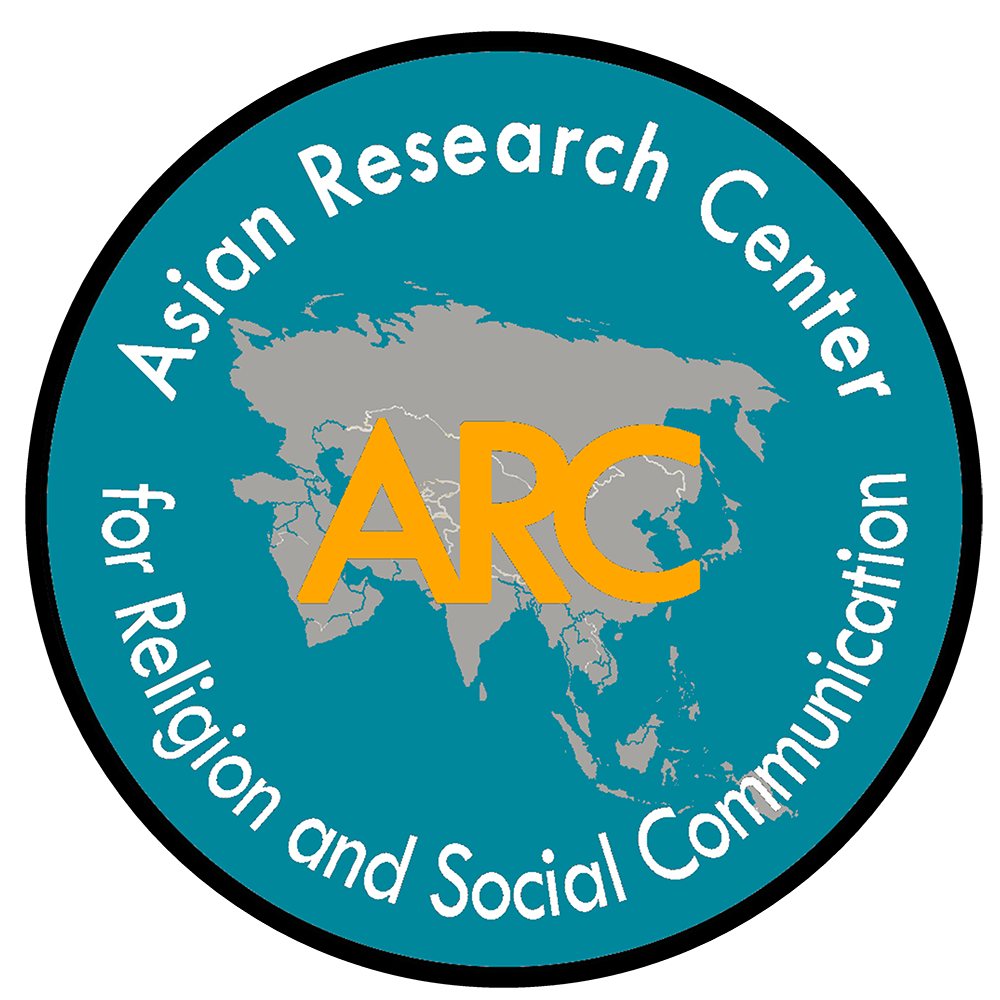Anime’s Ethical Odyssey: Navigating Good and Evil in Anime through the Lens of Old Testament
Download
RELIGION AND SOCIAL COMMUNICATION VOLUME 23, NO. 1 (2025)
ISSN 3057-0883 (ONLINE)
Author
Sam T. Rajkumar
Abstract
Anime’s Ethical Odyssey reveals how anime, as a medium of storytelling, often explores profound ethical dilemmas that resonate with themes found in ancient texts, particularly the Old Testament. This exploration seeks to understand how anime narratives engage with morality, justice, redemption, and the consequences of human actions, drawing upon both modern philosophical discourse and biblical ethics. The Old Testament presents a rich tapestry of moral challenges, from divine justice in the stories of Job and Noah to human fallibility in the lives of David and Saul. Similarly, anime constructs complex moral universes where protagonists grapple with difficult choices, blurring the lines between heroism and villainy.
Scholars such as François Flahault, Nishida Kitarō, and Luke Russell provide varied interpretations of good and evil, further illuminating this discourse. Their perspectives contribute to the broader discussion on how morality is shaped by cultural and historical contexts. Through series like Death Note, Code Geass, and Fullmetal Alchemist: Brotherhood, we witness ethical struggles that mirror biblical dilemmas questions of power, justice, and the cost of righteousness. Light Yagami’s descent into moral ambiguity, Lelouch’s revolutionary ideals, and the Elric brothers’ pursuit of truth all reflect ethical concerns deeply rooted in religious traditions.
By juxtaposing anime’s contemporary storytelling with the Old Testament’s moral foundations, we uncover a space for reflection that transcends entertainment. This dialogue between past and present, East and West, highlights how narratives continue to shape our understanding of justice, sin, and redemption in an ever-evolving world.
Keywords
Anime, ethical reflections, Old Testament, Good and evil, Biblical parallels, contemporary storytelling
References
Allen, Joe. “The Ending of Fullmetal Alchemist: Brotherhood Explained.” Looper, February 16, 2021. https://www.looper.com/334644/the-ending-of-fullmetal-alchemist-brotherhood-explained.
Ausloos, Hans. “It’s a Matter of Justice! The Old Testament and the Idea of Retribution.” Pretoria 36, no. 1 (April 2023): 151-165.
Buchholz, Ester S., and Joshua K Mandel. “Reaching for Virtue, Stumbling on Sin: Concepts of Good and Evil in a Postmodern Era.” Journal of Religion and Health 39, no. 2 (Summer 2000): 123-142.
Burris, Christopher T., and John K. Rempel. “Good and Evil in Religion: The Interpersonal Context.” In The Oxford Handbook of Psychology and Spirituality, edited by Lisa J. Miller, 123-137. Oxford: Oxford University Press, 2012.
Candel, Daniel. “Systematizing Evil in Literature: Twelve Models for The Analysis of Narrative Fiction.” Semiotica 242 (2021): 141-168.
Dowell, Dillon Rey. “Fullmetal Alchemist: Which Brother Got a Better Ending?” Game Rant. Accessed November 12, 2023. https://gamerant.com/fullmetal-alchemist-which-brother-got-a-better-ending.
Hanna, Bridget. “Death Note and Morality.” Screen Education 78 (2015): 40-43.
Hernández-Pérez, Manuel. “Looking into the ‘Anime Global Popular’ and the ‘Manga Media’: Reflections on the Scholarship of a Transnational and Transmedia Industry.” Arts 8, no. 2 (April 2019): 1-14.
Herrick, Alex. “Death Note: Is Light Evil? Unravelling The Mystery.” Web Design Booth. https://www.webdesignbooth.com/death-note-is-light-evil. Accessed February 1, 2024.
Hlioui, Ameni. “The Good ‘US’ vs. the Evil ‘THEM’ as Fluid Constructs in the ‘Attack on Titan’ Manga.” International Journal of Progressive Sciences and Technologies 27, no. 2 (2021): 1-7.
Kahn, Sholom J. “The Problem of Evil in Literature.” The Journal of Aesthetics and Art Criticism 12, no. 1 (September 1953): 98-110.
Markesinis, Basil. Good and Evil in Art and Law: An Extended Essay. Heidelberg: Springer Vienna, 2007.
Russell, Luke. “Good and Evil in Recent Discussion Defending the Concept of Evil.” ZEMO 5 (2022): 77-82.
Stromback, Dennis. “A Dialogue on the Good and Evil Bivalence in the Study of Ethics: On François Flahault and Nishida Kitarō.” Journal of World Philosophies 7, no. 1 (2022): 29-42.
White, Meredith. “Code Geass: Geass, Explained.” Game Rant, n.d., https://gamerant.com/code-geass-what-is-geass. Accessed December 24, 2023.
Pages 232-253
DOI: https://doi.org/10.62461/STR140325
Submitted: Jan. 28, 2025; Accepted: March 14, 2025; Published: Jul. 1, 2025
© 2025 The authors. This is an open access article under the Creative Commons Attribution 4.0 International License (https://creativecommons.org/licenses/by/4.0/).




